Discover Boxcars711 Old Time Radio Pod
Boxcars711 Old Time Radio Pod
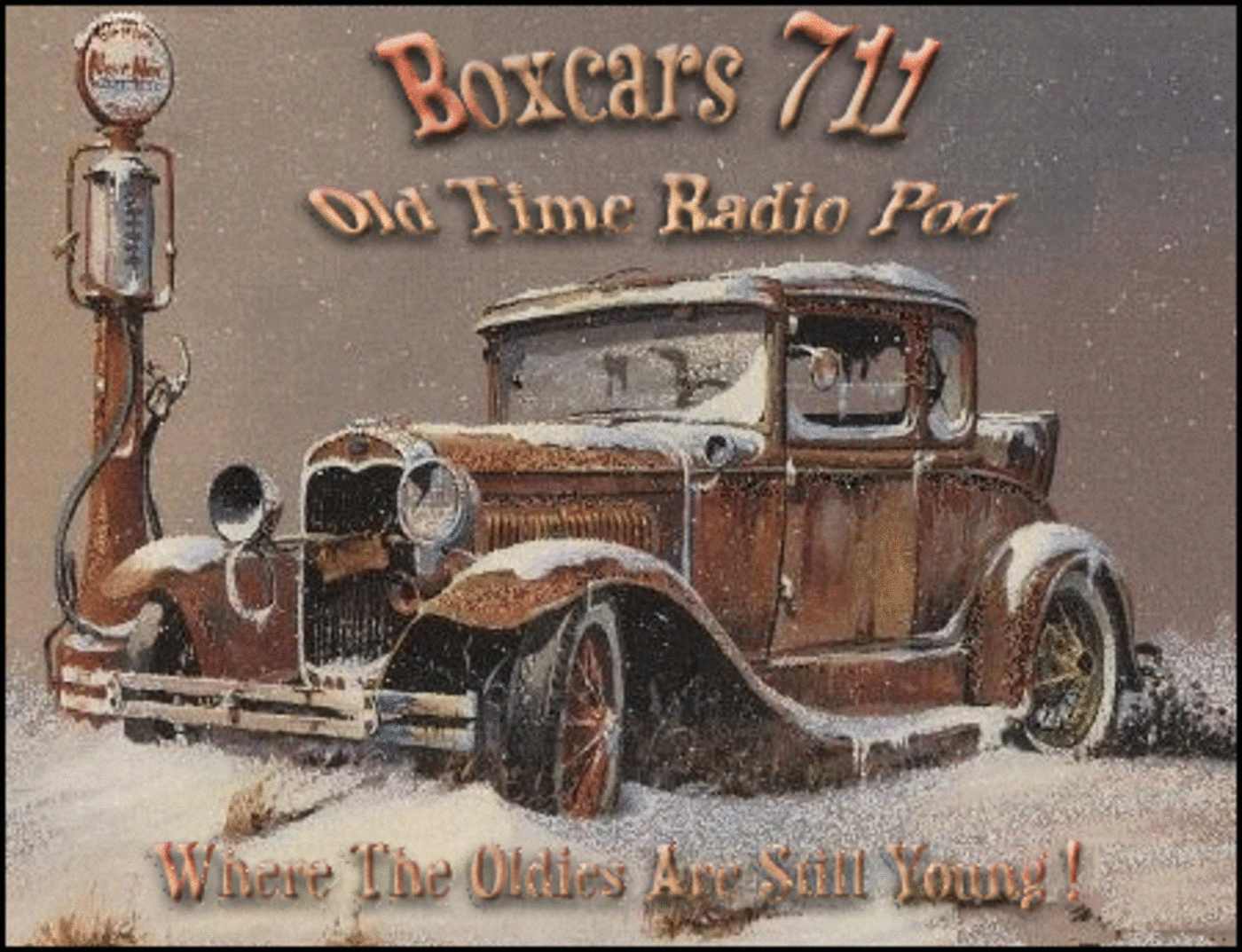
Boxcars711 Old Time Radio Pod
Author: Bob Camardella
Subscribed: 1,476Played: 192,828Subscribe
Share
© Copyright 2025 Bob Camardella
Description
Boxcars711 Old Time Radio Pod originates from the 'Heart Of Historic Germantown," Philadelphia, Pa.
Bob Camardella began podcasting at Podomatic in October 2005 and at the Radio Nostalgia Network at Libsyn.com in January 2006. From 2006 through 2009, in addition to the top ranked Boxcars711 show at Podomatic and Libsyn, "Humphrey/Camardella Media Productions" commanded a top ten slot at Podshow (1.5 million downloads per month), a top 10 ranking at Libsyn (1.7 million downloads per month) and top rankings, which continue to date, in the Kids & Family section at I-Tunes. For the last several years, and to date (2013), his podcast here at Podomatic generates over 5 million downloads a year and continues to grow.
Prior to the onset of podcasting, he hosted WPNM Internet Radio, broadcasting a combination of talk, easy listening and early rock and from his hometown in Philadelphia, Pa.
Bob was writer and bass singer for a popular 60's rock group with 6 releases on the Twist & Algonquin (EMI) labels. He's a member of Broadcast Music Inc. (BMI) and the American Society of Composers, Authors and Publishers (ASCAP).
In his early 20's, Bob Attended Philadelphia Community College for Photography and the Antinelli School of Photography soon launching Robert Joseph Studios. specializing in portraits and weddings.
4906 Episodes
Reverse
Bob Camardella Remembers The Whistler OTR "The Juggernaut" Riginal Air Date: June 9, 1947Starring: "Herb Butterfield"Wilbur Hatch (music)The Whistler was a mystery/suspense radio show, the main star of which was the ironic twist at the end of almost every episode. Usually a criminal's activity was exposed either by an overlooked (vital) detail or by their own stupidity. The Whistler himself narrated, often commenting directly upon the action, taunting the criminal from an omniscient perspective.Each dramatic episode began with the whistling of a haunting tune which was composed by Wilbur Hatch and featured Dorothy Roberts whistling with an orchestra."I am The Whistler, and I know many things, for I walk by night. I know many strange tales, hidden in the hearts of men and women who have stepped into the shadows. Yes....I know the nameless terrors of which they dare not speak." Show Notes From Classic Mystery Radio .com
Bob Camardella Remembers Our Miss Brooks "Lack Of Coal At Madison High" (01-09-49) STEREORelease date April 24, 1956Our Miss Brooks is a 1956 American comedy film starring Eve Arden, Gale Gordon, Don Porter and Robert Rockwell, based on the radio and TV sitcom hit on CBS of the same name. Directed by Al Lewis, who was the chief writer for the radio and TV editions, and written by both him and Joseph Quillan, the film disregarded the past four years of television and started with a new storyline. It was distributed by Warner Brothers.PlotUnmarried, sarcastic English literature and grammar teacher Connie Brooks (Eve Arden) arrives in a small Midwestern town to teach at the local high school. She meets handsome, athletic biology teacher Phillip Boynton (Robert Rockwell), and they begin dating. Boynton, however, is unwilling to commit to the relationship, and several years of platonic dating pass (to Miss Brooks' consternation).When student Gary Nolan (Nick Adams) does poorly in her class, his father—wealthy local newspaper publisher Lawrence Nolan (Don Porter)—accuses Miss Brooks of being incompetent. Brooks convinces Mr. Nolan that he's working too hard and neglecting his son. Mr. Nolan hires Miss Brooks to tutor his son in English, and agrees to spend more time with Gary. As Gary becomes a better-adjusted youth, Mr. Nolan begins to romance Miss Brooks
Internal Problems Prevent Full Show Details. Thanks For Your Patience.
Bob Camardella Remembers The Fantastic Voice Of Barbra Streisand "The Way We Were" Barbara Joan "Barbra" Streisand (/ˈstraɪsænd/ STRY-sand; born April 24, 1942) is an American singer, actress, songwriter, producer, and director. With a career spanning over six decades, she has achieved success across multiple fields of entertainment, being the first performer awarded an EGOT (Emmy, Grammy, Oscar, and Tony). Streisand's career began in the early 1960s performing in nightclubs and Broadway theaters. Following guest appearances on various television shows, she signed to Columbia Records—retaining full artistic control in exchange for accepting lower pay, an arrangement that continued throughout her career. Her studio debut The Barbra Streisand Album (1963) won the Grammy Award for Album of the Year. Throughout her recording career, Streisand has topped the US Billboard 200 chart with 11 albums (the record for a woman until 2023), including People (1964), The Way We Were (1974), Guilty (1980), and The Broadway Album (1985). She also topped the US Billboard Hot 100 with five singles: "The Way We Were", "Evergreen", "You Don't Bring Me Flowers" (with Neil Diamond), "No More Tears (Enough Is Enough)" (with Donna Summer), and "Woman in Love". Following her established recording success, Streisand ventured into film by the end of the 1960s. She starred in the critically acclaimed Funny Girl (1968), winning the Academy Award for Best Actress at the 41st Academy Awards. Additional fame on the big screen followed with the extravagant musical Hello, Dolly! (1969), the screwball comedy What's Up, Doc? (1972), and the romantic drama The Way We Were (1973). Streisand won the Academy Award for Best Original Song for writing the love theme from A Star Is Born (1976), the first woman to be honored as a composer. With the release of Yentl (1983), Streisand became the first woman to write, produce, direct, and star in a major studio film. The film won an Oscar for Best Original Score and a Golden Globe for Best Motion Picture Musical. Streisand also received the Golden Globe Award for Best Director, becoming the first (and for 37 years, the only) woman to win that award. Streisand later produced and directed The Prince of Tides (1991), and The Mirror Has Two Faces (1996). With sales exceeding 150 million records worldwide, Streisand is one of the best-selling recording artists of all time. According to the Recording Industry Association of America (RIAA), she is the second-highest certified female artist in the United States, with 68.5 million certified album units. Billboard ranked Streisand as the greatest solo artist on the Billboard 200 chart and the top Adult Contemporary female artist of all time.
Bob Camardella Remembers "Life With Luigi" 1948 to 1953Life with Luigi is an American radio situation comedy series which began September 21, 1948, on CBS Radio and broadcast its final episode on March 3, 1953.The action centered on Luigi Basco and his experiences as a newly arrived Italian immigrant in Chicago. Many episodes took place at the night school classes that Luigi attended with other immigrants from different countries. Another common theme involved Luigi's landlord/sponsor, Pasquale, scheming to get Luigi to marry his obese daughter. Perennial character actor and two-time Academy Award nominee J. Carrol Naish played Luigi.Life with Luigi was created by Cy Howard, who had earlier created the hit radio comedy, My Friend Irma. The working title was The Little Immigrant, echoed in the sign-off of each episode, "Your lovin-a son-a, Luigi Basco, the li'l immigrant." Other characters on the show included Pasquale (Alan Reed), another Italian immigrant who is always trying to trap Luigi into marrying his daughter Rosa (Jody Gilbert); native Chicagoan Jimmy (Gil Stratton), Luigi's young business associate; Miss Spaulding (Mary Shipp), Luigi's night school teacher and ideal woman; and Schultz (Hans Conried), a German immigrant and fellow student in Luigi's citizenship class. Each episode used the framing device of Luigi narrating a letter to his mother back in Italy.The show was popular, successfully competing with Bob Hope's The Pepsodent Show. For most of its run, Life with Luigi aired at 9 pm on Tuesdays. Despite an estimated 30% share of the audience in its timeslot, the show was without a sponsor until Wrigley's Gum bought it in 1950, continuing till the show ended in 1953.TV VersionA live CBS Television version aired beginning on September 22, 1952, but was short-lived. Naish, Reed, Gilbert, and Shipp all portrayed their radio characters on the television show. Originating at KNXT in Hollywood, the program was sponsored by Instant Maxwell House Coffee. Mac Benoff produced and Norman Tokar directed. Benoff and Lou Derman were the writers, and Lud Gluskin directed the music.Although it enjoyed high ratings, the show was pulled because of pressure from the Italian-American community. CBS tried to respond to advertisers' concerns by tinkering with the characters, the writing, and replacing Naish, Reed and Gilbert with Vito Scotti, Thomas Gomez, and Muriel Landers respectively, but the revised show was unsuccessful and was cancelled within weeks.
Bob Camardella Remembers "Jesus Of Nazareth MOVIE 1979 Shot on location in Israel, the film was financed primarily by Campus Crusade for Christ with a budget of $6 million, and was released without production or cast credits, as producer John Heyman declared that the creators of this picture were “simply being translators” of the New Testament's Gospel of Luke, “so nobody will know who produced or directed the film.” The end of the film states that the Good News Bible (Today's English Version) was used during filming, and instead of telling a parallel story or embellishing the Biblical account like other Biblical films, the filmmakers chose to adhere to the Gospel of Luke as closely as possible.JESUS is often described as the most-watched motion picture of all time, in addition to being the most translated film of all time.During the days of Emperor Augustus and King Herod the Great, Mary is visited by the angel Gabriel who tells her that she will give birth to Jesus, the Son of God. Later, Mary visits Elizabeth, the mother of John the Baptist, who tells her that she is the most blessed of women and that her child is blessed.When the Romans hold a census, Mary travels with her husband Joseph to his hometown of Bethlehem to register. There, Jesus is born in a manger. A week later, Mary and Joseph travel to Jerusalem to present Jesus at the Temple. There, they are greeted by Simeon, who blesses Jesus as the Christ. At the age of twelve, Jesus becomes separated from his parents during a Passover trip to Jerusalem. When Mary asks about his whereabouts, Jesus tells them that he was in His Father's house. Years later, during the reign of Emperor Tiberius and King Herod Antipas, John the Baptist baptizes Jesus in the Jordan River and the Holy Spirit descends upon Jesus.
Miriam Longstreet (1895–1971). The couple raised him as their son to avoid the social stigma that accompanied birth outside of wedlock at that time. Family, friends and even young Ted were told that his grandparents were his parents and that his mother was his older sister. Bundy eventually discovered the truth about his family, although his recollections of the circumstances varied; he told a girlfriend that a cousin showed him a copy of his birth certificate after calling him a "bastard, but he told biographers Stephen Michaud and Hugh Aynesworth that he had found the certificate himself. Biographer and true crime writer Ann Rule, who knew Bundy personally, wrote that he did not find out about his true parentage until 1969, when he located his original birth record in Vermont] Bundy expressed a lifelong resentment toward his mother for never telling him about his real father, and for leaving him to discover the truth about his paternity for himself.Bundy occasionally exhibited disturbing behavior at an early age. Louise's younger sister, Julia Cowell, recalled awakening from a nap to find herself surrounded by knives from the kitchen, and her three-year-old nephew standing by the bed, smiling. In some interviews,Bundy spoke warmly of his grandparents and told Rule that he "identified with " "respected" and "clung to" his grandfather Samuel.
The Magnificent Seven is a 1960 American Western film directed by John Sturges. The screenplay, credited to William Roberts, is a remake – in an Old West-style – of Akira Kurosawa's 1954 Japanese film Seven Samurai (itself initially released in the United States as The Magnificent Seven). The ensemble cast includes Yul Brynner, Steve McQueen, Charles Bronson, Robert Vaughn, Brad Dexter, James Coburn, and Horst Buchholz as a group of seven gunfighters hired to protect a small village in Mexico from a group of marauding bandits led by Eli Wallach.The film was released by United Artists on October 12, 1960, becoming both a critical and commercial success and has been appraised as one of the greatest films of the Western genre. It spawned three sequels, a television series that aired from 1998 to 2000, and a 2016 film remake. Elmer Bernstein's film score was nominated for an Academy Award for Best Original Score and is listed on the American Film Institute's list of the top 25 American film scores.In 2013, the film was selected for preservation in the United States National Film Registry by the Library of Congress as being "culturally, historically, or aesthetically significant".PLOT:A gang of bandits led by Calvera periodically raids a poor Mexican village for food and supplies. After the latest raid, during which Calvera kills a villager, the village leaders decide to fight back. They send three villagers carrying their few objects of value to try and barter for weapons.Yul_Brynner Steve_McQueen Host_Buchholz Charles_Bronson Robert_Vaughn
The Magnificent Seven is a 1960 American Western film directed by John Sturges. The screenplay, credited to William Roberts, is a remake – in an Old West-style – of Akira Kurosawa's 1954 Japanese film Seven Samurai (itself initially released in the United States as The Magnificent Seven). The ensemble cast includes Yul Brynner, Steve McQueen, Charles Bronson, Robert Vaughn, Brad Dexter, James Coburn, and Horst Buchholz as a group of seven gunfighters hired to protect a small village in Mexico from a group of marauding bandits led by Eli Wallach.The film was released by United Artists on October 12, 1960, becoming both a critical and commercial success and has been appraised as one of the greatest films of the Western genre. It spawned three sequels, a television series that aired from 1998 to 2000, and a 2016 film remake. Elmer Bernstein's film score was nominated for an Academy Award for Best Original Score and is listed on the American Film Institute's list of the top 25 American film scores.In 2013, the film was selected for preservation in the United States National Film Registry by the Library of Congress as being "culturally, historically, or aesthetically significant".PLOTA gang of bandits led by Calvera periodically raids a poor Mexican village for food and supplies. After the latest raid, during which Calvera kills a villager, the village leaders decide to fight back. They send three villagers carrying their few objects of value to try and barter for weapons.STARS:Yul Brynner, Steve McQueen, Horst Buchholz, Charles Bronson, Robert Vaughn, Brad Dexter, James Coburn
Bob Camardella Remembers "He Walked By Night" (1948)He Walked by Night is a 1948 American police procedural film noir directed by Alfred L. Werker and an uncredited Anthony Mann. The film, shot in a semidocumentary tone, is loosely based on the real-life actions of Erwin "Machine-Gun" Walker, a former Glendale, California police department employee and World War II veteran who unleashed a crime spree of burglaries, robberies and shootouts in the Los Angeles area between 1945 and 1946.During production, actor Jack Webb met the film's police technical advisor Marty Wynn and was inspired by a conversation with Wynn to create the radio program Dragnet, which later became the first modern police television drama.He Walked by Night was released by Eagle-Lion Films. The film is notable for its camerawork by renowned film noir cinematographer John Alton.Today the film is in the public domain.PlotOn a Los Angeles street, Officer Rob Rawlins, a patrolman on his way home from work, stops a man whom he suspects of being a burglar and is shot and mortally wounded. The minor clues lead nowhere. Two police detectives, Marty Brennan and Chuck Jones, are assigned to catch the killer, Roy Morgan, a brilliant mystery man with no known criminal past. Morgan is hiding in a Hollywood bungalow and listening to police calls on his custom radio in an attempt to avoid capture. His only relationship is with his small dog.
Riley Finds A Fur CoatApril 06/1946 AUDIO ONLY
The Song of Bernadette is a 1943 American biographical drama film based on the 1941 novel of the same name by Franz Werfel. It stars Jennifer Jones in the title role, which portrays the story of Bernadette Soubirous, who reportedly experienced eighteen visions of the Blessed Virgin Mary from February to July 1858 and was canonized in 1933. The film was directed by Henry King, from a screenplay by George Seaton.The novel was extremely popular, spending more than a year on The New York Times Best Seller list and thirteen weeks heading the list. The story was also turned into a Broadway play, which opened at the Belasco Theater in March 1946.In 1858, 14-year-old Bernadette Soubirous lives in poverty with her family in Lourdes, France. She is shamed by her Catholic school teacher, Sister Vauzou for falling behind in her studies because of her asthma. That afternoon, while fetching firewood with her sister Marie and a friend, Bernadette waits for them in the Massabielle grotto. Distracted by a strange breeze and a change in the light, Bernadette sees a beautiful lady clad in white, standing on a rock niche. Bernadette tells her companions what she saw, and they promise not to tell anyone else. However, Marie tells their mother when they return home, and the story soon spreads all over Lourdes.
The novel has been adapted for the stage several times, including by playwrights Alan Lyddiard and Michael Gene Sullivan. In 1976, a theater version of 1984 was produced in Teatar &TD, from Zagreb, former Yugoslavia. The performance, which also included CCTV monitoring system, was adapted and directed by Nenad Puhovski. It created some political controversies, but was never banned.A 2013 adaptation by Robert Icke and Duncan MacMillan for the Headlong Theatre Company, which took the novel's Newspeak appendix as its starting point, has toured the UK extensively, as well as played commercially in the West End. A Broadway production began previews 18 May and opened on 22 June 2017 at the Hudson Theatre running until 8 October for 125 performances, while an Australian production began a six-city limited tour from 13 May 2017.Theater composer Jonathan Larson began writing a musical adaptation of Nineteen Eighty-Four in 1982, as his first attempt at writing a full-length musical. Although the Orwell estate was reportedly interested, they ultimately denied him the rights due to the then-upcoming film adaptation. Instead, Larson focused on a similar dystopian musical titled Superbia, which used some of the cut songs from his 1984, although it also went unproduced. Songs from Superbia, including ones originally written for Larson's 1984, have been released over the years and are featured prominently in the autobiographical musical Tick, Tick… Boom! and its film adaptation.A new stage adaptation by Ryan Craig and directed by Lindsay Posner will open at the Theatre Royal, Bath in September 2024 before embarking on a UK tour.
Bob Camardella Remembers "The Dirty Dozen" Final Mission (1967)The Dirty Dozen is a 1967 American war film directed by Robert Aldrich and starring Lee Marvin, with an ensemble supporting cast including Ernest Borgnine, Charles Bronson, Jim Brown, John Cassavetes, Richard Jaeckel, George Kennedy, Ralph Meeker, Robert Ryan, Trini Lopez, Telly Savalas, Donald Sutherland, Clint Walker and Robert Webber. Set in 1944 during World War II, the film follows the titular penal military unit of twelve convicts as they are trained as commandos by the Allies for a suicide mission ahead of the Normandy landings.The Dirty Dozen was filmed in England at MGM-British Studios and released by MGM. The screenplay is based on the 1965 bestseller of the same name by E. M. Nathanson, which itself was inspired by a real-life WWII unit of behind-the-lines demolition specialists from the 101st Airborne Division named the "Filthy Thirteen". Another possible inspiration was the public offer to President Franklin D. Roosevelt by 44 prisoners serving life sentences at the Oklahoma State Penitentiary to serve in the Pacific War on suicide missions against the Japanese.With their commando training almost complete, the Dirty Dozen are sent for parachute training at a facility commanded by Reisman's nemesis, Colonel Everett Dasher Breed of the 101st Airborne Division. However, Breed is curiously not briefed about Project Amnesty. Rather than making inquiries to higher command, Breed makes several attempts to discover Reisman's mission, including infiltration of the Dirty Dozen's camp. Reisman, with the eager assistance of the convicts, angrily kicks Breed and his men out of the camp. Later, Breed's testimony combined with Reisman rewarding the Dirty Dozen (with the exception of Maggott, as his crime is the rape and murder of one) with prostitutes at the end of their training, prompts the ADSEC staff to consider terminating the project and sending the men back to serve their original sentences. Reisman defends the convicts' training and agrees to have them compete against Breed's men in war games to test their mettle. Breed finds this ridiculously humorous, but to his surprise, the Dirty Dozen successfully capture his headquarters and Worden allows Reisman to resume his mission.Upon parachuting into northern France, Jiminez breaks his neck during the jump. With a man down, the mission proceeds with the German-speaking Wladislaw and Reisman infiltrating the chateau disguised as German officers. However, all surprise is lost when Maggott breaks cover by murdering an officer's spouse before he is killed by Jefferson for compromising the mission. The sound of gunfire makes the Wehrmacht officers and their companions retreat to a locked underground bomb shelter, but the unit pours gasoline through ventilation shafts and Jefferson throws grenades into the shelter through the shafts, killing the officers and their civilian guests.After a firefight that kills nearly all the Dozen, Reisman, Bowren and Wladislaw escape back to England alive. Worden pardons Wladislaw, who is given the opportunity to resume his work in the armed forces. As the credits roll, Reisman communicates to the other convicts' next of kin that "they lost their lives in the line of duty".
Father Knows Best- Watching The Dog
Bob Camardella Remembers "Mr. Smith Goes To Washington (1939)Mr. Smith Goes to Washington is a 1939 American lighthearted political satire film directed by Frank Capra, starring Jean Arthur and James Stewart, and featuring Claude Rains and Edward Arnold. The film is about a naive, newly appointed United States senator who fights against government corruption, and was written by Sidney Buchman, based on Lewis R. Foster's unpublished story "The Gentleman from Montana". It was loosely based on the life of Montana US Senator Burton Wheeler, who underwent a similar experience when he was investigating the Warren Harding administration.The film was controversial in the US when it was first released, with attacks from many politicians claiming that it brought Washington into disrepute, but it was very successful at both the domestic and international box offices, and it made Stewart a major star.Mr. Smith Goes to Washington was nominated for eleven Academy Awards, including Best Picture, Best Director and Best Actor, winning Best Original Story. Considered to be one of the greatest films of all time, the film was selected by the Library of Congress as one of the first 25 films for preservation in the United States National Film Registry in 1989, for being "culturally, historically, or aesthetically significant". crucify the worshipful Smith so that their graft plan will go through, Paine tells Taylor he wants out, but Taylor reminds him that Paine is in power primarily through Taylor's influence. Paine then advises Smith to keep silent about the matter. The following day, when Smith speaks out about the bill at Senate, the machine in his state — through Paine — accuses Smith of trying to profit from his bill by producing fraudulent evidence that Smith already owns the land in question. Smith is too shocked and angry by Paine's betrayal to defend himself and runs away.Saunders, who looked down on Smith at first, but has come to believe in him, talks him into launching a filibuster to postpone the appropriations bill and prove his innocence on the Senate floor just before the vote to expel him. In his last chance to prove his innocence, he talks non-stop for about 25 hours, reaffirming the American ideals of freedom and disclosing the dam scheme's true motives. Yet none of the senators are convinced.The constituents try to rally around him, but the entrenched opposition is too powerful, and all attempts are crushed. Owing to the influence of Taylor's machine, newspapers and radio stations in Smith's home state, on Taylor's orders, refuse to report what Smith has to say and even distort the facts against the senator. The Boy Rangers' effort to spread the news in support of Smith results in vicious attacks on the children by Taylor's gangsters.Although all hope seems lost, the senators begin to pay attention as Smith approaches utter exhaustion. Paine has one last card up his sleeve: he brings in bins of letters and telegrams from Smith's home state, purportedly from average people demanding his expulsion. Nearly broken by the news, Smith finds a small ray of hope in a friendly smile from the President of the Senate. Smith vows to press on until people believe him but immediately collapses in a faint. Overcome with the pangs of remorse, Paine leaves the Senate chamber and attempts to commit suicide by gunshot but is stopped by onlooking senators. He then bursts back into the Senate chamber, shouting a confession to the whole scheme; the reformed Paine further insists that he must be expelled from the Senate and affirms Smith's innocence to Clarissa's delight. The President of the Senate observes the ensuing chaos with amusement.
Bob Camardella Remembers "Scrooge" A Christmas Carol 1984A Christmas Carol. In Prose. Being a Ghost Story of Christmas, commonly known as A Christmas Carol, is a novella by Charles Dickens, first published in London by Chapman & Hall in 1843 and illustrated by John Leech. It recounts the story of Ebenezer Scrooge, an elderly miser who is visited by the ghost of his former business partner Jacob Marley and the spirits of Christmas Past, Present and Yet to Come. In the process, Scrooge is transformed into a kinder, gentler man.Dickens wrote A Christmas Carol during a period when the British were exploring and re-evaluating past Christmas traditions, including carols, and newer customs such as cards and Christmas trees. He was influenced by the experiences of his own youth and by the Christmas stories of other authors, including Washington Irving and Douglas Jerrold. Dickens had written three Christmas stories prior to the novella, and was inspired following a visit to the Field Lane Ragged School, one of several establishments for London's street children. The treatment of the poor and the ability of a selfish man to redeem himself by transforming into a more sympathetic character are the key themes of the story. There is discussion among academics as to whether this is a fully secular story, or if it is a Christian allegory.Published on 19 December, the first edition sold out by Christmas Eve; by the end of 1844 thirteen editions had been released. Most critics reviewed the novella favourably. The story was illicitly copied in January 1844; Dickens took legal action against the publishers, who went bankrupt, further reducing Dickens's small profits from the publication. He subsequently wrote four other Christmas stories. In 1849 he began public readings of the story, which proved so successful he undertook 127 further performances until 1870, the year of his death. A Christmas Carol has never been out of print and has been translated into several languages; the story has been adapted many times for film, stage, opera and other media.A Christmas Carol captured the zeitgeist of the early Victorian revival of the Christmas holiday. Dickens acknowledged the influence of the modern Western observance of Christmas and later inspired several aspects of Christmas, including family gatherings, seasonal food and drink, dancing, games and a festive generosity of spirit.
Bob Camardella Remembers "Frankinstein" (1931)Frankenstein is a 1931 American gothic pre-Code science fiction horror film directed by James Whale, produced by Carl Laemmle Jr., and adapted from a 1927 play by Peggy Webling, which in turn was based on Mary Shelley's 1818 novel Frankenstein; or, The Modern Prometheus. The Webling play was adapted by John L. Balderston and the screenplay written by Francis Edward Faragoh and Garrett Fort, with uncredited contributions from Robert Florey and John Russell.Frankenstein stars Colin Clive as Henry Frankenstein (Victor Frankenstein in the novel), an obsessed scientist who digs up corpses with his assistant in order to assemble a living being from body parts. The resulting creature, often known as Frankenstein's monster, is portrayed by Boris Karloff. The makeup for the monster was provided by Jack Pierce. Alongside Clive and Karloff, the film's cast also includes Mae Clarke, John Boles, Dwight Frye, and Edward Van Sloan.Produced and distributed by Universal Pictures, the film was a commercial success upon release, and was generally well received by both critics and audiences. It spawned a number of sequels and spin-offs, and has had a significant impact on popular culture: the imagery of a maniacal "mad" scientist with a hunchbacked assistant and the film's depiction of Frankenstein's monster have since become iconic. In 1991, the United States Library of Congress selected Frankenstein for preservation in the National Film Registry as being "culturally, historically, or aesthetically significant".
Bob Camardella Remembers Mr. District Attorney (1947) MOVIEMr. District Attorney is a 1947 American film noir crime film directed by Robert B. Sinclair and starring Dennis O'Keefe, Adolphe Menjou and Marguerite Chapman. The film was based on the long-running and popular radio series Mr. District Attorney created by Phillips Lord.PlotAn assistant district attorney becomes involved with a woman who works for the group that he is investigating.Cast Dennis O'Keefe as Steve Bennett Adolphe Menjou as Craig Warren Marguerite Chapman as Marcia Manning Michael O'Shea as Harrington George Coulouris as James Randolph Jeff Donnell as Miss Miller Steven Geray as Berotti Ralph Morgan as Ed Jamison John Kellogg as Franzen
Bob Camardella Remembers "The Chase" (1946) Full MovieThe Chase is a 1946 American film noir directed by Arthur Ripley. The screenplay by Philip Yordan is based on Cornell Woolrich's 1944 novel The Black Path of Fear. It stars Robert Cummings as Chuck Scott, a veteran who suffers from hallucinations. When he returns a lost wallet to violent mobster Eddie Roman (Steve Cochran), Eddie offers to hire him as a chauffeur. Chuck becomes mixed up in a plot to help Eddie's wife Lorna (Michèle Morgan) run off to Havana to escape her cruel husband.Chuck Scott is a World War II veteran who is now a penniless drifter in Miami tormented by bizarre dreams. After finding a wallet and returning it to Eddie Roman, a vicious gangster, he is hired by Roman to be his driver. Roman tests his new driver, whom he nicknames Scotty, by assuming control of his car from the back seat. Scotty does not know that Roman has an accelerator in the rear passenger compartment. This bizarre trick unnerves Scotty and Roman's right-hand man Gino.Roman reveals himself as a tough gangster by killing any competition, and is harsh and controlling with his wife, Lorna. She goes for a ride every night, and one day she asks driver Scotty to take her to Havana, Cuba in exchange for $1,000. He consents and realizes that he is in love with her. When they reach Havana, they stop for a drink at a club, where Lorna is stabbed to death.All the evidence points to Scotty as the killer, including the fact that he had, earlier that day, apparently purchased the knife used in the murder. He realizes that he is being framed. A photograph from the club that proves Scotty's innocence is destroyed by Gino, who has come to Cuba to exact revenge against Lorna and Scotty. Scotty escapes police custody but is supposedly gunned down by Gino when he returns to the curio store from which the knife was purchased. Scotty's face is never shown during this scene.ProductionThe Black Path of Fear was published in 1944. The New York Times praised its "fiendishly ingenious plot and thrilling episodes."Producer Seymour Nebenzal bought the rights to the story. In January 1946, he announced Phil Yordan, with whom he had made Whistle Stop, was writing the script.









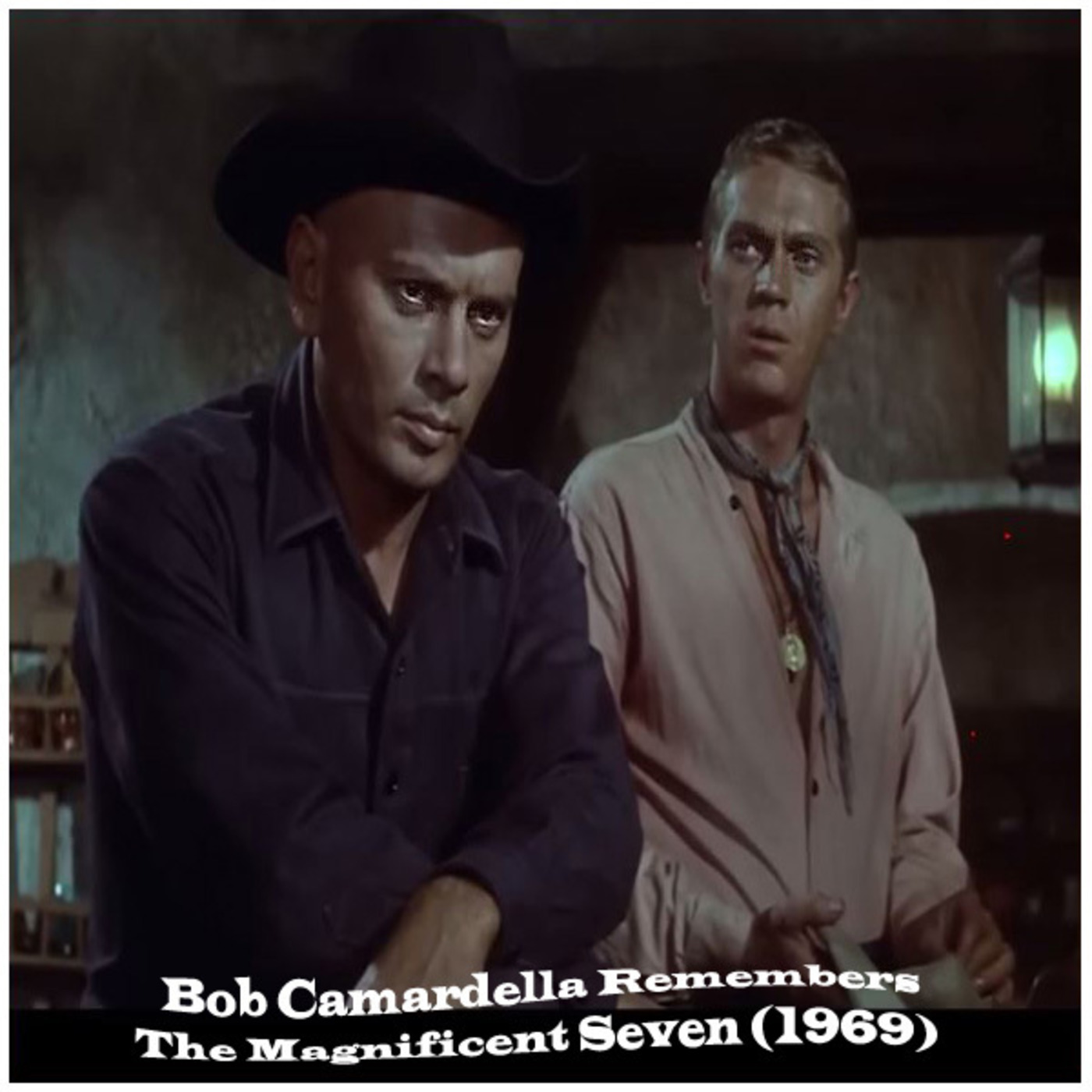
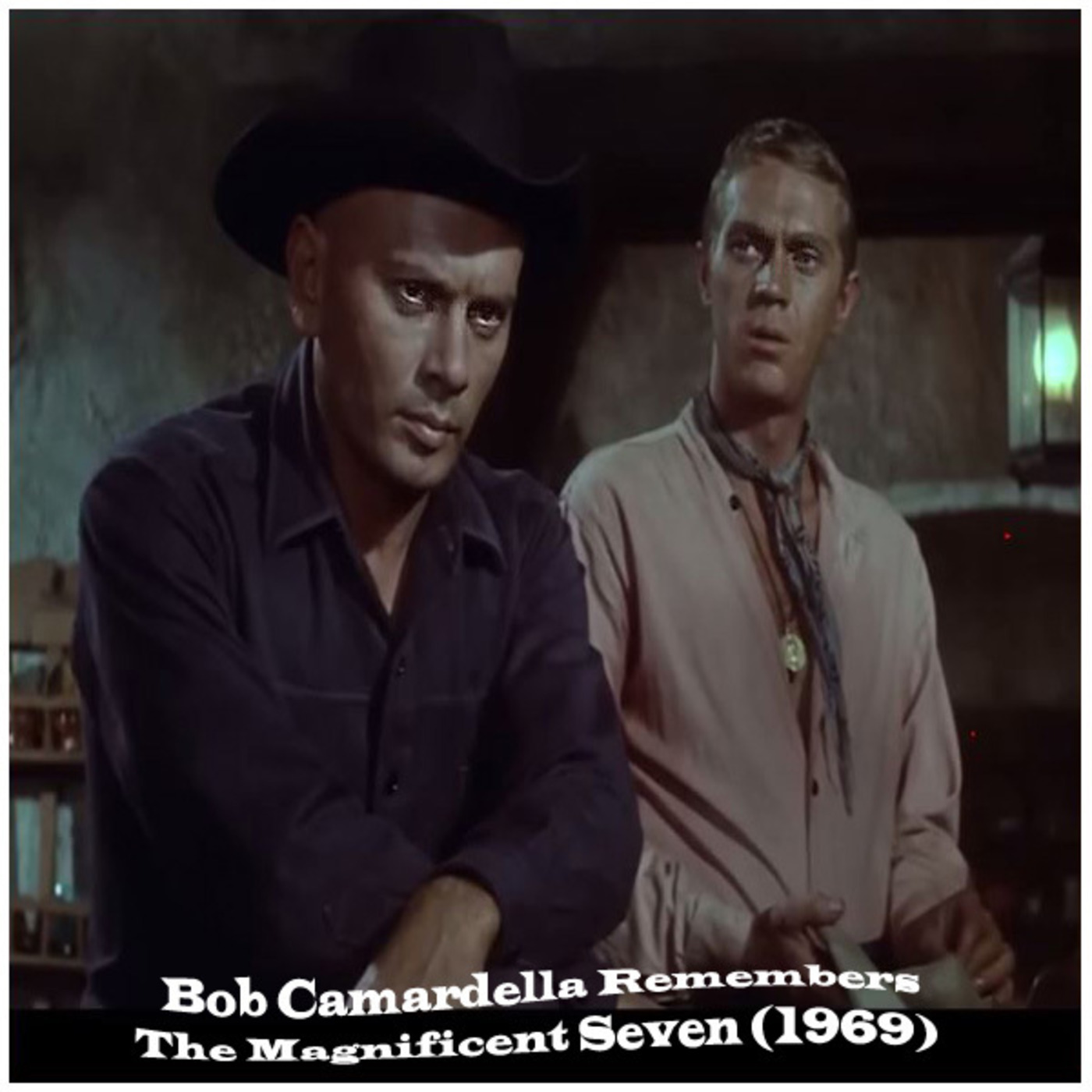
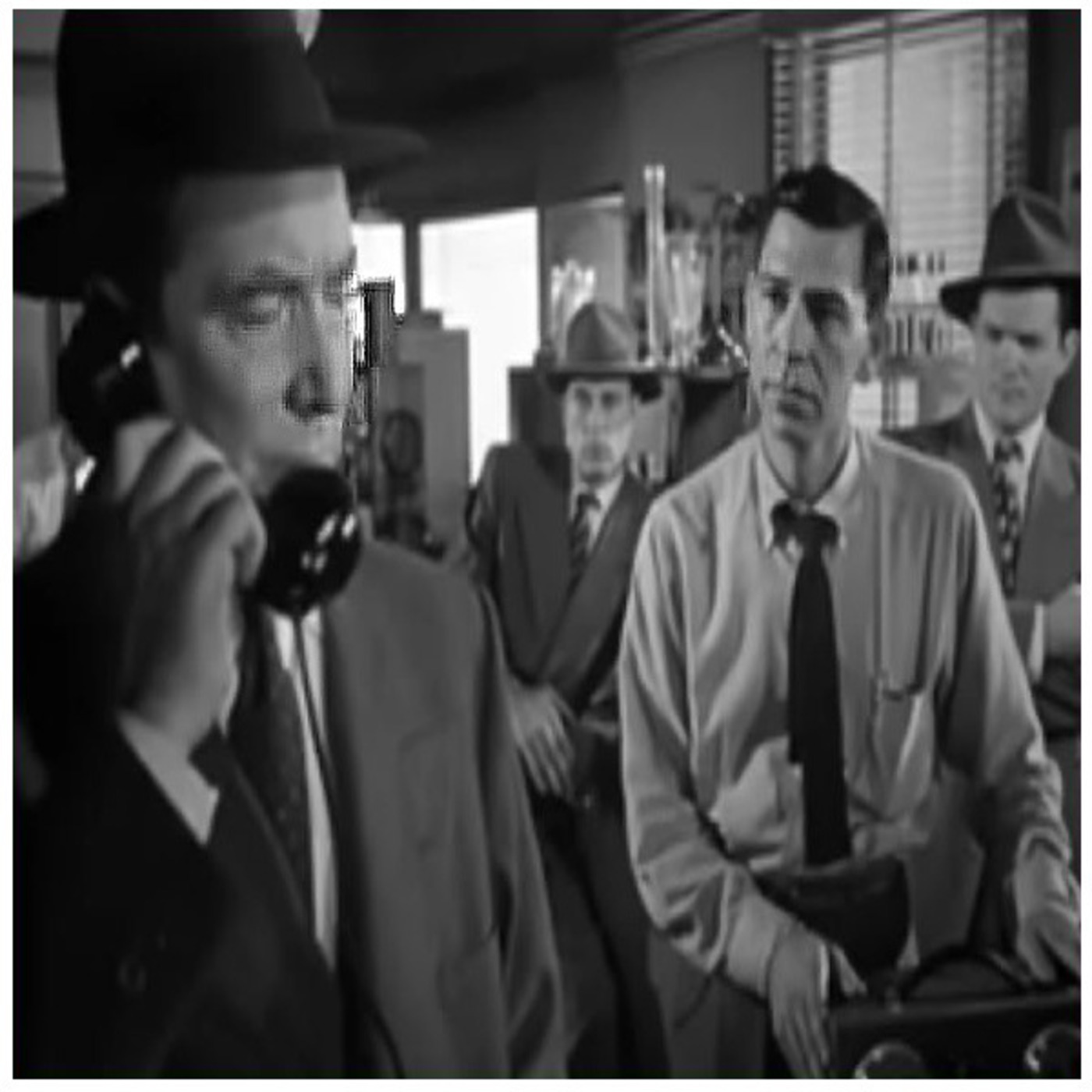
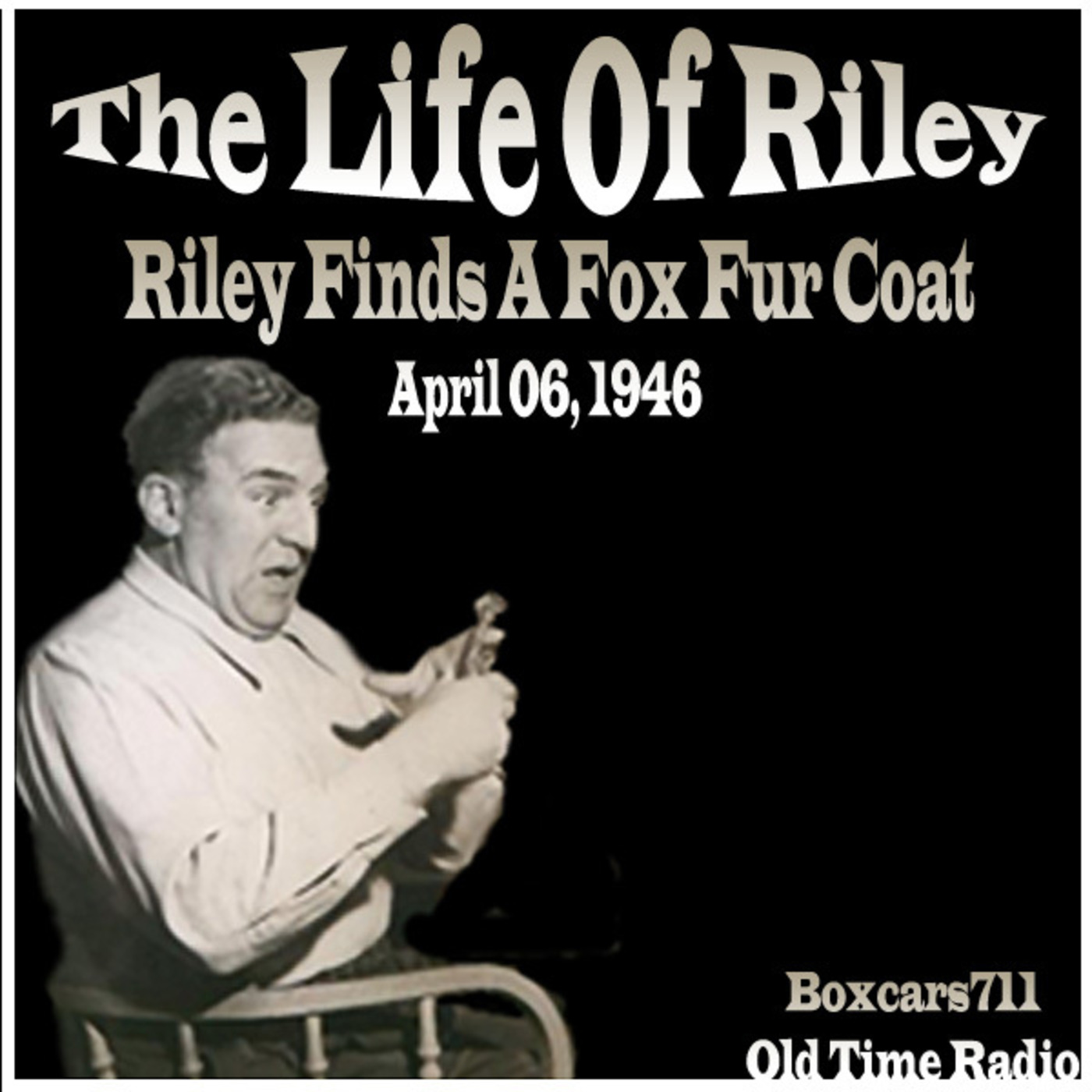
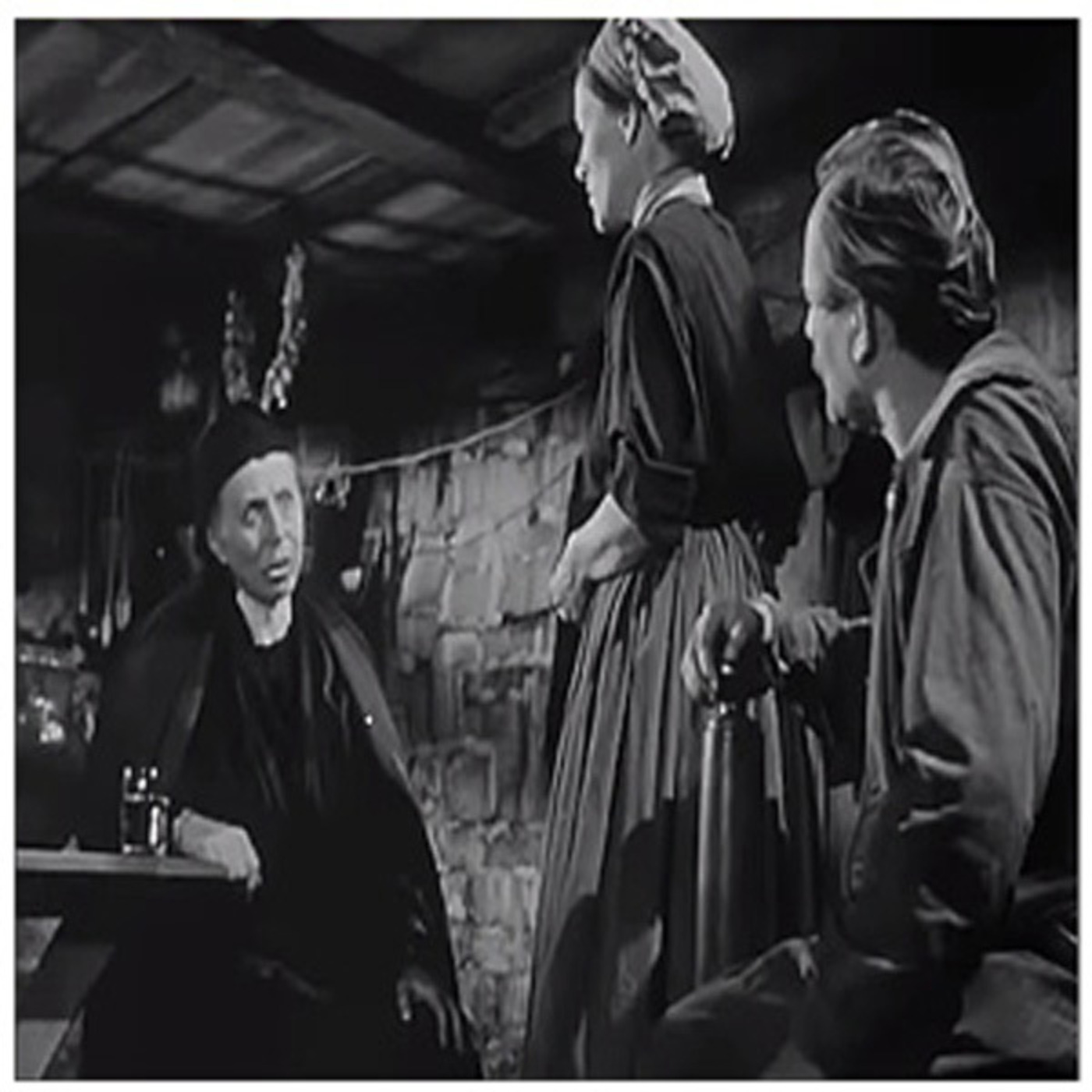


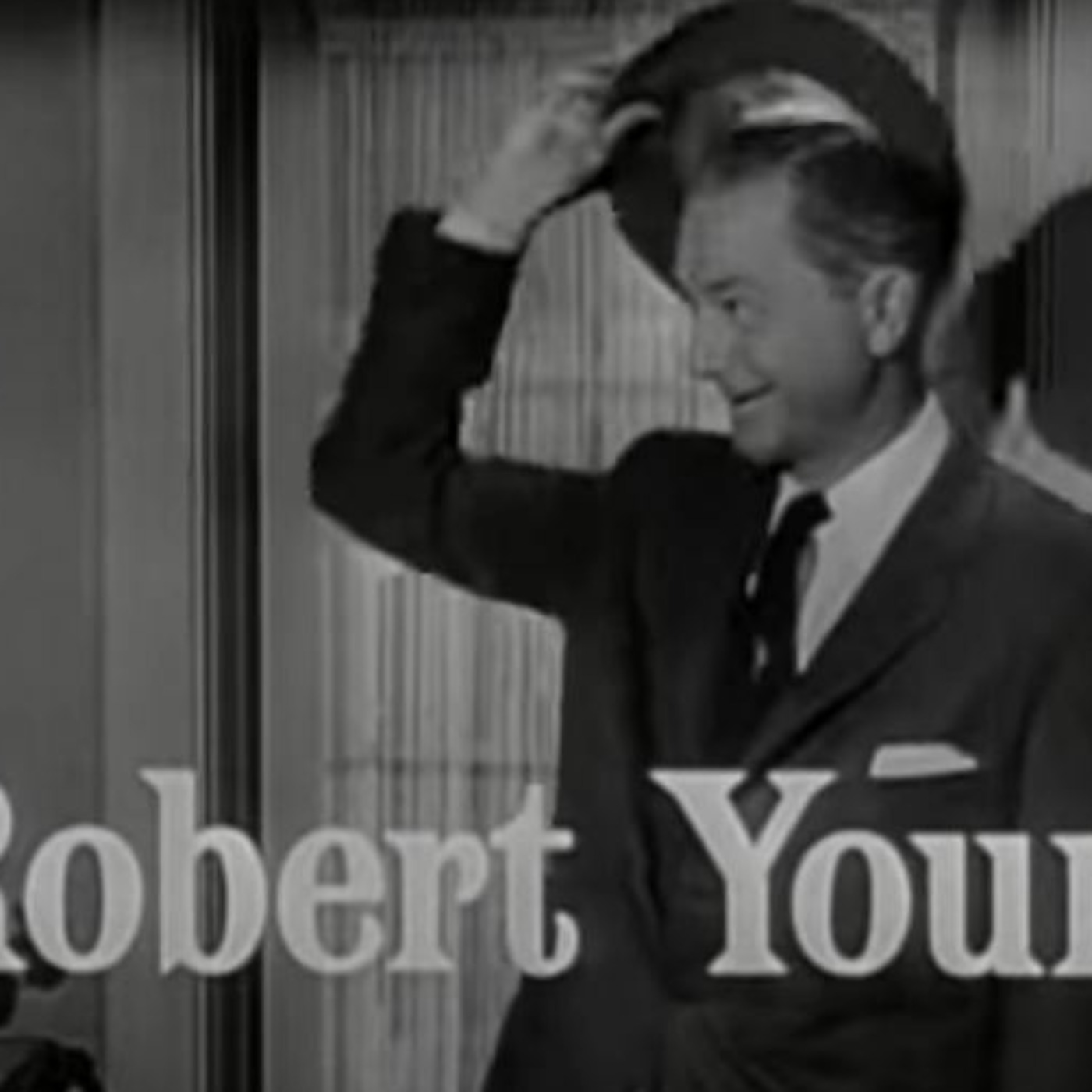


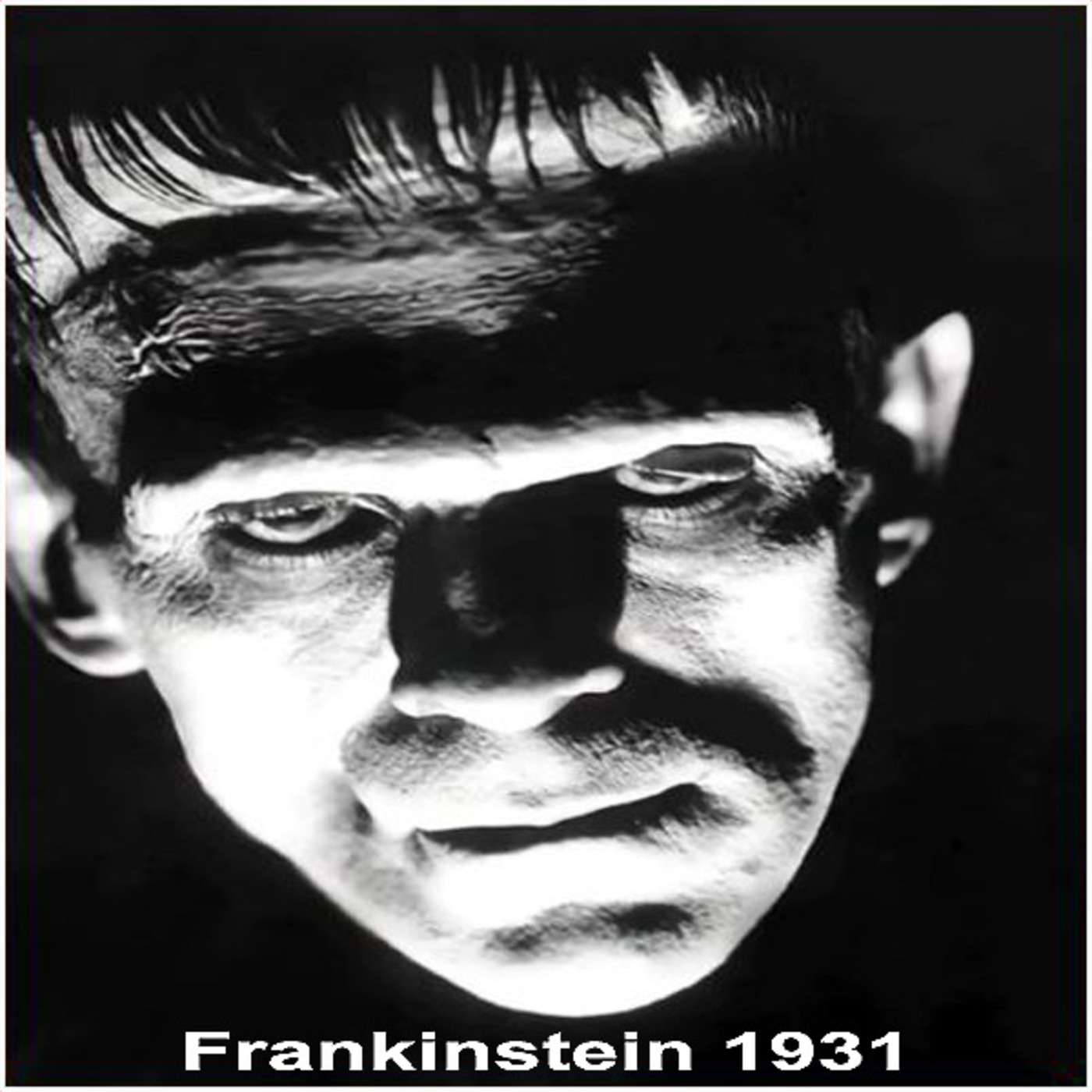




for those of you concerned about the ads, you should be able to fast forward 30 seconds on your phone.
Miss the podcasts, Bob. Keep doing what you are doing.
I enjoy it a lot. I guess I don't know what the others are referencing regarding commercials. I don't seem to have those on my phone -- just captivating old timey radio programs like The Blue Beetle, Dragnet, Sherlock Holmes, Cloak and Dagger, The Great Gildersleeve and many other favorites.
I also share what others are saying about the commercials. Witch is a shame as I love these old time detective story's and such
Love it. Cannot get better quality content.
Good stories but the commercials, now often at the beginning and end of the podcast, are ugly ! It takes away from the enjoyment and the old time feel and the great feeling of listening to something that is in the public domain and free. The team of H/C seem to be taking over more and more of the podcast sites much to the detriment of our listening pleasure. We often used to listen to these in a "stream" but the commercials ruin this. We try to stick with Botar, Relic Radio and some of the others who haven't been gobbling up sites for their commercial gain. So mixed reviews.
There it is! Nothing but the finest programs ever produced. So many shows at one time. What a selection to choose from! A true living history lesson for the taking.
I originally subscribed to hear Old Time Radio, as I love the genre, but the commericals/political commentary are unnecessary and take away from the work.